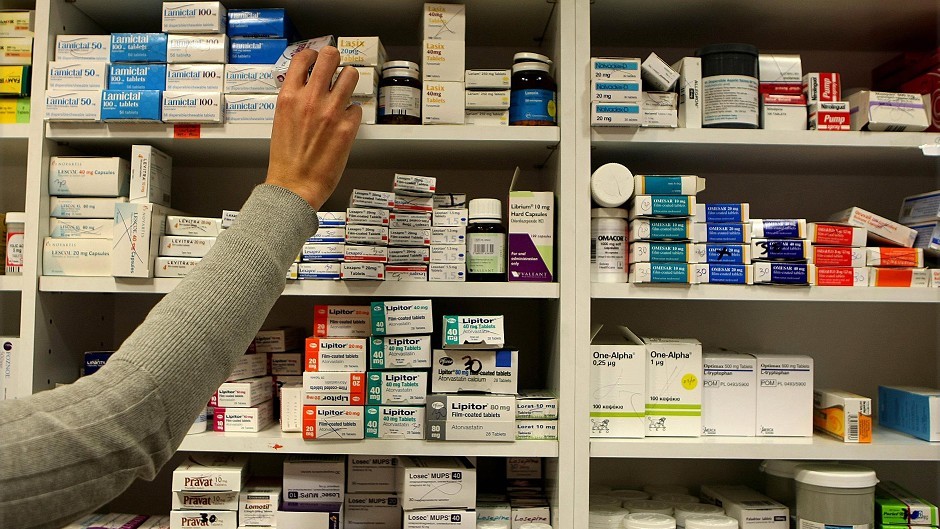Health chiefs scrambling to plug a £3million black hole want patients to be more “honest” about wasted drugs.
The spiralling bill for prescription medicines has forced health and social care partnerships to make cutbacks in other areas.
With services under threat across the NHS Grampian region, efforts are being stepped up to rein in spending.
Urgent initiatives were set out yesterday at an emergency meeting called after a senior finance chief branded the costs “uncontrollable”.
Aberdeenshire expects to breach its prescription budget by £1.3million this year, Aberdeen by £1.1million and Moray £527,000.
GP practices are being given incentives to use cheaper generic drugs and those believed to be over-spending are being closely monitored.
The NHS is also hopeful of winning a court battle with the manufacturer of one common treatment that could save the taxpayer millions.
But David Pfleger, director of pharmacy and medicines management, at NHS Grampian, said it was also vital to tackle the “significant number” of patients who did not take the expensive drugs they were given.
“Minimising waste is very important,” he told Aberdeen’s integration joint board (IJB)
“The least cost-effective medicine that will ever be prescribed is the one that is never taken.
“It seems obvious but we still have significant numbers of patients who don’t take their medicines as prescribed.
“We need to continue to tackle that.
“And we need, within that, to get to the point where they feel comfortable being honest about that and having that discussion about their care.”
He set out a more optimistic picture of the coming year, including evidence that recent increases in demand for drugs were levelling out.
But he conceded that projections of future spending were “as much art as science” because of the volatility of the price and volume of drugs.
IJB chair Jonathan Passmore said the north-east was not alone in having “concerns about the ability to control prescribing”.
The NHS Grampian non-executive director told the meeting: “It is a common concern but that does not mean that we have to just look to government to resolve it. There is plenty we can do.”
Mr Passmore said the report agreed at the emergency meeting – which said the board should “cease all references to uncontrollable prescribing” – was “a strong statement of intent”.
“Over-spending on our prescribing budget equals reductions in other parts of our budget and reductions in our services,” he warned.
“So it is incumbent on us to do everything we can to make sure that we are using that budget efficiently and effectively.”
